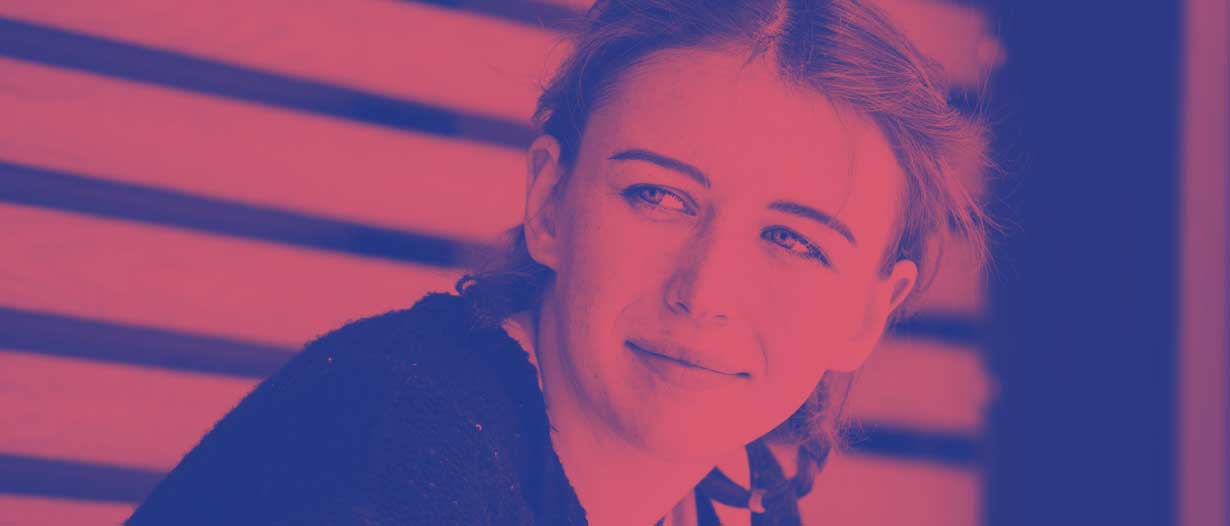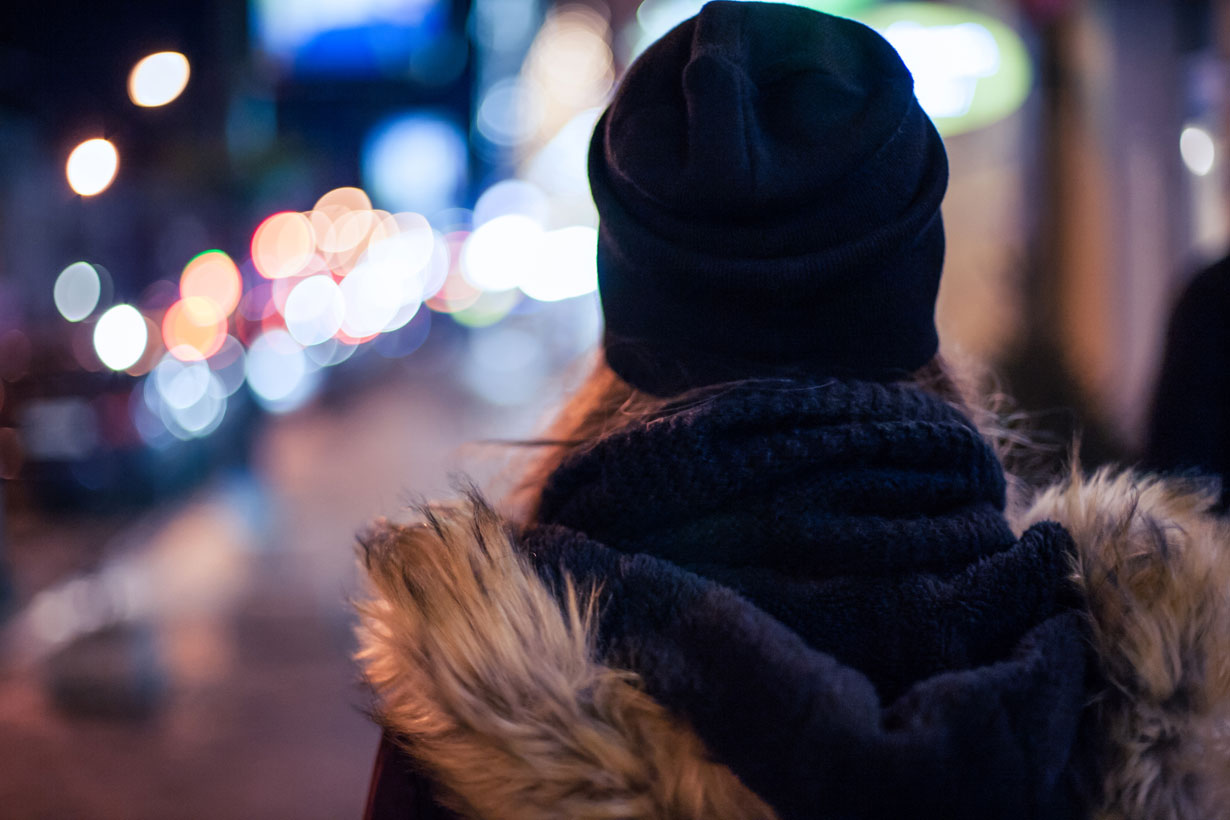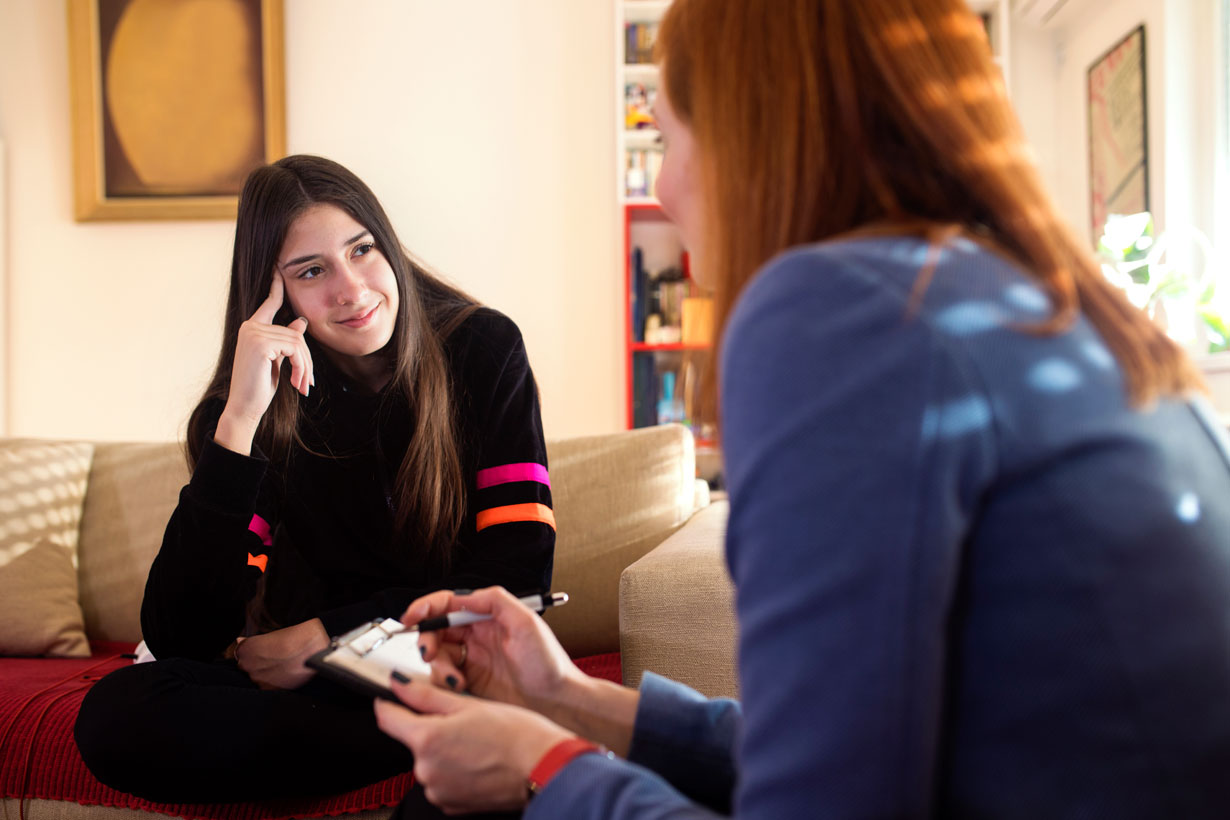
Low mood and depression
Fast facts
-
1Low mood and depression share some of the same signs and symptoms
-
2Low mood and depression can have an impact on your epilepsy
-
3Epilepsy can affect your mood
-
4Everybody feels down from time to time and this is normal
-
5Low mood can be when you feel sad, worried, tired, frustrated, angry, anxious or panicky
-
6Depression is a low mood that doesn’t go away after a few weeks
Small changes you can make in your life can improve your mood, for example solving a difficult problem, talking to someone about what’s on your mind or getting more sleep Usually, low mood will tend to lift within a few days or weeks. If it lasts longer than that, and is affecting your day-to-day life, you might be depressed.
Around 1 in every 6 people in the UK will have depression. For people with epilepsy this is around 1 in 3. Depression is a low mood that doesn’t go away after a few weeks.

Signs of depression
Depression affects people in different ways but you might:
- Feel sad or low for long periods of time
- Feel hopeless or helpless
- Feel guilty
- Feel anxious or worried
- Feel irritable
- Feel tired all the time, with no energy
- Sleep more or less than usual
- Have no motivation or be unable to concentrate
- Lose interest in things you normally enjoy
- Lose interest in sex
- Eat more or less than usual
- Think about harming yourself or suicide
Depression and thoughts of suicide can be side-effects of some epilepsy medicines. Side-effects can be worse if you are given a high a dose, or the dose is increased too quickly. If you start having new symptoms after taking your epilepsy medicines, speak to your GP or epilepsy or epilepsy healthcare team.
Self-help for depression


To avoid feeling isolated, stay connected to the people you care about
Try to talk to people you trust about how you feel
Try to have a good sleep routine
Eat a balanced diet
Try not to drink too much alcohol
Try to be as active as you can

Watch
Treating depression
Feeling depressed can be overwhelming and it can be difficult to ask for help. For some people, a combination of self-help, talking therapies and medicine is the most effective way of treating depression. if you think you might be depressed go and see your GP. You can take someone with you and it could be a step towards feeling better.
St John’s Wort, a herbal remedy for depression, can interact with some epilepsy medicines, so people with epilepsy shouldn’t use it without medical advice.
Information on how to access talking therapies is on the Mental wellbeing page.
Do something
Do you recognise any of the signs of depression in yourself? If so, would any of the self-help tips help you?








